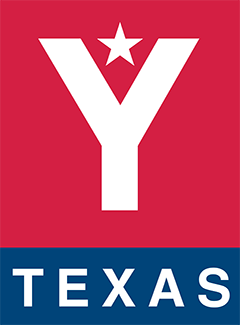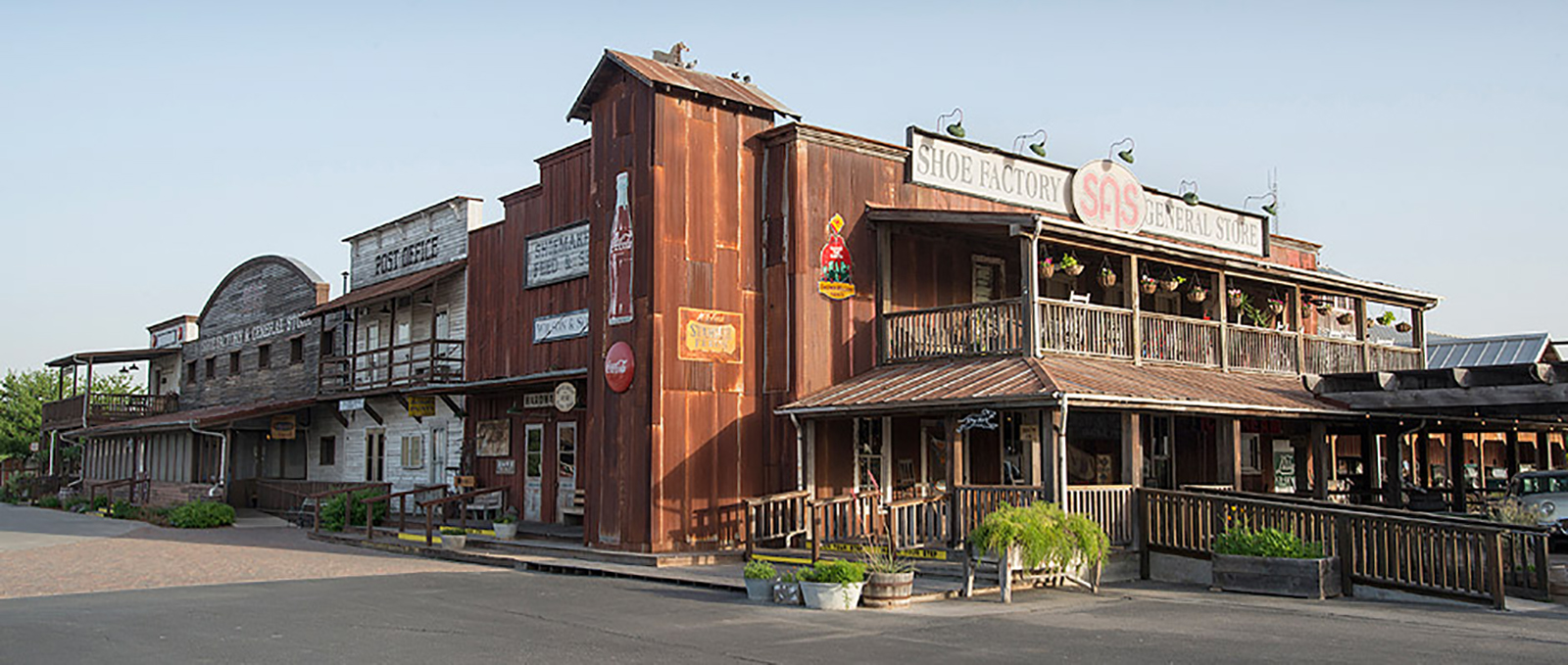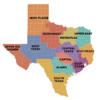Share This Post
By Ed Curtis, CEO – YTEXAS
5/21/17
Despite facing threats from offshoring and labor and regulatory issues, a South Texas company is finding ways to grow in the competitive field of making and selling shoes.
Along with the mid-April grand opening of a store in the Chicago suburb of Naperville, San Antonio Shoemakers recently launched a national marketing campaign, with television ads in eight select markets in the United States, including Dallas-Fort Worth.
“We want to increase awareness for our products and company so people know who we are and what have to offer,” said Nancy Richardson, CEO of SAS, at an April 20 luncheon for YWednesdays at the Dallas Country Club.
Since its launch in 1976 in a corner of an unused aircraft hangar on the south side of the Alamo City, family-owned SAS has grown to more than 200 retail outlets across North America, including 10 in Mexico and 6 in Canada.
In addition, the company’s wares can be found in 1,000 multi-line retailers across the United States, along with 11 foreign countries. Aside from its San Antonio plant, the company runs a factory it opened in 1985 in Del Rio, along the border with Mexico.
But the path SAS has needed to pursue to expand its manufacturing shows the challenges that have surfaced for the domestic shoe making market.
The early 1940s marked the apex of the U.S. footwear industry, which at its peak employed 260,000, according to a 2014 Wall Street Journal story. By the early years of this decade, the American field had seen its collective staffing shrink to closer to 14,000, the Journal reported.
As in many areas of manufacturing, the issue in domestic shoe making has been low-cost rivals in areas in like Asia. One informal list tallied fewer than 60 U.S. players in the field at the moment.
Survivors like SAS face challenges finding skilled labor capable of handling the process of making footwear. “It can be a long and satisfying career for those who have interest,” Richardson said. “But attracting young people into the industry is difficult.”
That prompted SAS to hire handcraft sewers in Mexico to assist with hand stitching and hand lacing on select SAS shoe styles. And when the company decided a few years back to create its first women’s dress pump, it joined forces with a family-owned Italian firm to design and manufacture quality dress shoes in conjunction with master shoemakers from SAS.
Focus on quality
As is true in a number of industries, some large shoe companies, such as Nike, essentially farm out the entire process of making their products so they can focus on marketing.
To compete, SAS focuses on producing quality footwear consumers can’t find elsewhere. Many different SAS staffers are involved in the making of one pair of shoes, going through up to 100 steps from start to finish.
“We test our shoes with our employees, asking them to wear them eight hours a day for two weeks to see how the leather breaks down and the sole conforms to the foot,” said Richardson, whose office is at SAS’s manufacturing plant in San Antonio.
The company in recent years has expanded the array of styles and colors of the footwear it offers, and has branched into accessories like leather handbags. And it is giving its new stores a boutique feel to provide a more upscale shopping experience.
“There will be more company stores in the future,” Richardson said during an appearance on CBS Radio’s CEO Spotlight with David Johnson. “If you look at our national presence, we form a “u” around the coastline. We plan to expand our presence into the heartland and the northeast. I also expect some international growth for us.”
One of Richardson’s broader goals is to gain SAS more visibility. YTexas is helping in that regard, working with the office of Carlos Cascos, the Texas Secretary of State, to create job awareness at the company’s Texas plants.
“There are very few shoemaking skills in the United States anywhere anymore,” Richardson said on her CBS Radio appearance. “We train all of our employees in-house. We have great employees.”
Ultimately, SAS wants to land more customers in its niche of people 35 years and older who want stylish and comfortable shoes. “Only eight percent of the general population knows who SAS is,” Richardson told the YTexas crowd. “But over 70 percent of our customers are repeat.”
Ed Curtis is the founder and CEO of YTexas.







